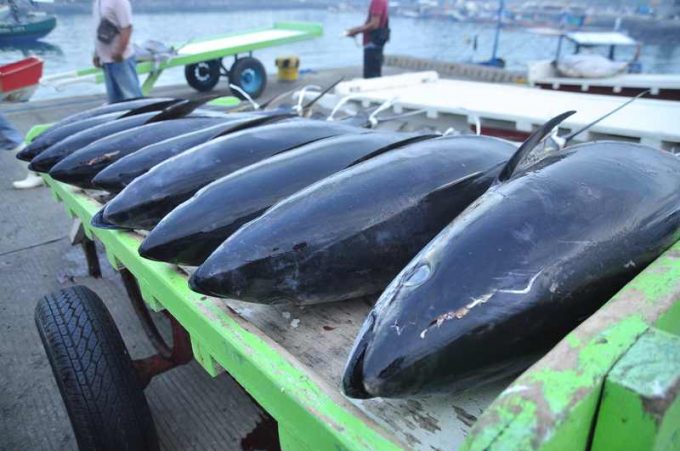Hapag-Lloyd CEO bullish on prospects for a peak season
Hapag-Lloyd’s CEO believes there is a “better than 50%” chance of a normal peak season ...

Manila-based 3PL Royal Cargo is investing heavily in cold chain assets as demand for chilled and frozen food ramps up in the Philippines.
“The population is more than 100 million, with a taste getting more sophisticated,” said Royal Cargo president and chief executive Elmer Sarmiento.
“With the growing consumption, expenditure due to foreign exchange from abroad and from the business process organisations (BPOs), and with the growth in the economy, the trend for food and social entertainment spending is increasing every year. This is driving the cold chain industry to better years ahead,” he added.
Mr Sarmiento said foreign overseas workers contributed some $30bn to the Philippine economy, with BPOs contributing a similar amount. GDP is currently growing at about 6.5% a year – one of the highest rates in Asia.
According to Ken Research, the country’s cold storage sector is expected to reach a market value of $1.4bn by 2020, and Royal Cargo is at the forefront of this expansion, having recently invested over $24m in a 15,000-pallet cold storage facility in north Manila.
Due to open in April 2018, the new facility will complement the 3PL’s 15,000-pallet capacity at its two storage facilities in south Manila where Royal Cargo handles mostly meat and concentrated juices, as well as some ice cream and halal foods.
“We also operate refrigerated trucks – 20 large and 50 smaller – all over the Philippines, delivering food products to supermarkets and convenience stores,” added Mr Sarmiento.
He says there is big potential for investing in cold chain facilities as the Philippines’ urban centres are lacking professional infrastructure for storing and transporting seafood and agricultural produce.
Indeed, the country’s cold storage sector is highly fragmented, with more than 100 players active in the market. To stand out from the competition, Royal Cargo provides full end-to-end supply chain services.
“Our difference lies in the scope of service we offer. While most operators are in cold storage and others are in refrigerated deliveries, selling independent services, we offer the whole supply chain, short of trading the goods. We also maintain high standards with strict KPIs on product quality and OTIF [on-time, in-full] deliveries,” said Mr Sarmiento.
As in other developing countries in South-east Asia, high spoilage rates continue to pose significant challenges for food logistics. Mr Sarmiento sees spoilage as a compliance issue for food handling and inventory management, with most excursions taking place due to violation of the FIFO [first-in, first-out] principle, breakdown in refrigeration, mishandling and poor inventory management.
He said other major challenges for cold chain operations included traffic and port congestion, the high cost of domestic inter-island freight and rising port costs.
Nevertheless, the sector’s growth prospects look increasingly positive.
“We are confident in the growth of the cold chain in the next five years,” said Mr Sarmiento. “More cold storages will be put up and more reefers will be put on the road – I don’t know what percentage but it will be significant.
“This will be concentrated in highly urbanised areas of the Philippines, like in metro Manila, Cebu, Cagayan de Oro, Iloilo, Bacolod, Dagupan and Davao.”
Comment on this article